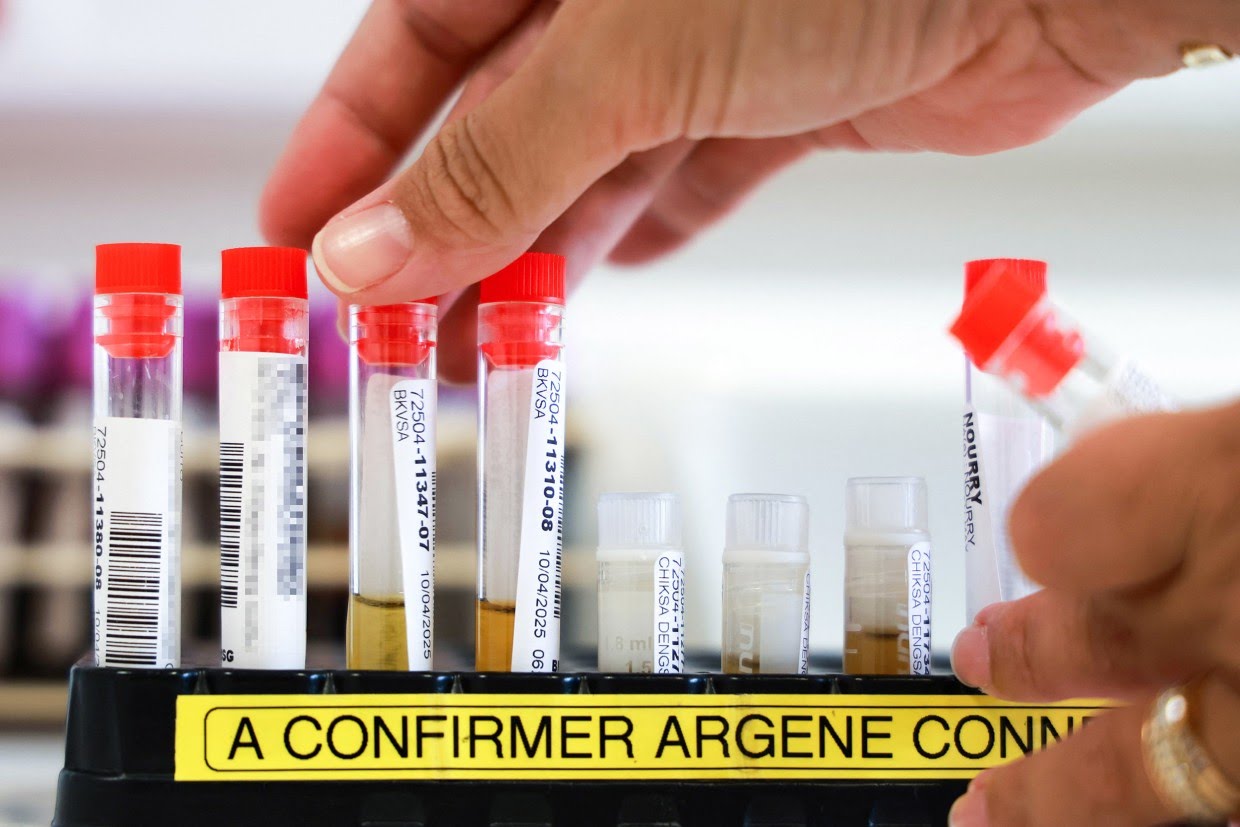New York health authorities confirmed Tuesday that a Long Island resident has contracted the mosquito-borne chikungunya virus, marking the first locally acquired case in the state.
The state’s public health laboratory, the Wadsworth Center in Albany, conducted confirmatory tests that took over two weeks. According to Dr. James McDonald, New York’s health commissioner, “We urge everyone to take simple precautions to protect themselves and their families from mosquito bites.”
The patient, a 60-year-old woman from Hempstead, about 20 miles east of Manhattan, tested positive in a preliminary screening in September. She told The New York Times at the time that she had not traveled outside Long Island recently, suggesting she contracted the virus locally.
Chikungunya, a virus known for causing severe joint pain, can leave some patients debilitated for months or even years. Other symptoms include fever, rash, and muscle pain.
While chikungunya has surged globally this year, including China’s largest outbreak since 2008, the U.S. has mostly avoided local transmission. Prior to this case, only 13 locally acquired infections had been recorded in the past 15 years, all in Florida and Texas.
According to the state health department, the patient likely contracted the virus following a mosquito bite. Officials are investigating the source, noting possible scenarios such as an infected mosquito traveling on a plane, hitching a ride in luggage, or biting a traveler returning from abroad who carried the virus.
At least six New Yorkers tested positive for chikungunya after traveling to countries where the virus is circulating this year.
Two mosquito species can transmit chikungunya effectively. The Aedes aegypti, also known as the yellow fever mosquito, is not found naturally in New York. However, the Aedes albopictus, or Asian tiger mosquito, has expanded its range into parts of New York after arriving in the U.S. about 40 years ago.
Dr. McDonald emphasized that the overall risk of infection remains very low. He advised residents to take preventive measures, including wearing long sleeves and pants outdoors and using mosquito repellent.

